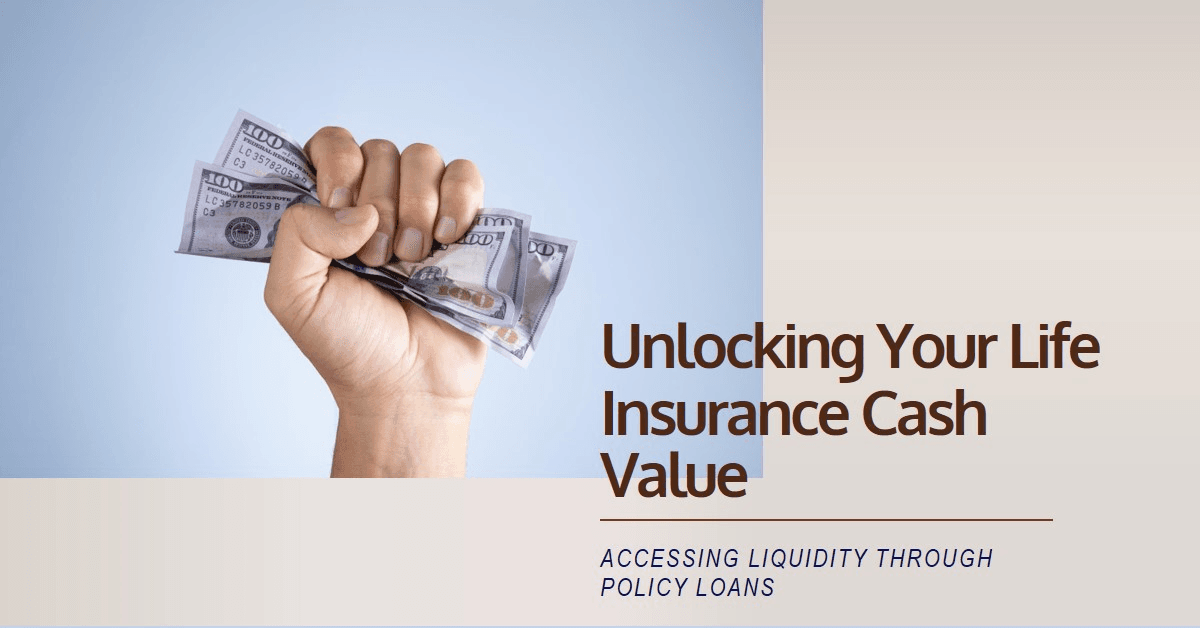Life insurance serves a critical purpose, providing beneficiaries with financial security in the event of your passing. However, some permanent life insurance policies offer an additional benefit: policy loans. This feature allows you to access a portion of the policy’s cash value as a loan.
Understanding Cash Value and Eligibility
Not all life insurance policies accumulate cash value. Term life insurance, known for its affordability, focuses solely on death benefit payout and doesn’t build cash value. Conversely, permanent life insurance products like whole life and universal life policies offer both a death benefit and a cash value component. The cash value represents a portion of your premiums that accumulates over time, typically earning interest.
To be eligible for a policy loan, you must hold a qualifying permanent life insurance policy with a sufficient cash value. Most insurers allow you to borrow up to a specified percentage (often ranging from 60% to 80%) of your cash value.
Strategic Advantages and Considerations
Policy loans can provide several advantages:
- Convenient Liquidity: A policy loan offers a quick and readily available source of funds for emergencies, unexpected expenses, or even planned needs.
- Creditworthiness Not a Factor: Unlike traditional loans, policy loans bypass credit checks, making them accessible regardless of your credit history.
- Favorable Interest Rates: Policy loans typically come with interest rates that are lower than those associated with other loan options like personal loans or credit cards.
However, there are also important considerations:
- Reduced Death Benefit: The borrowed amount is subtracted from your policy’s death benefit. This translates to a lower payout to your beneficiaries if you pass away with an outstanding loan balance.
- Accruing Interest: Policy loans accrue interest, and if left unpaid, can accumulate significantly over time. This can erode your cash value and potentially cause policy lapse if the loan and interest exceed the remaining cash value.
- Potential Tax Implications: In some scenarios, unpaid policy loan interest might be considered taxable income. Consulting with a tax professional regarding the potential tax consequences is essential.
Is a Policy Loan the Right Choice?
While policy loans can be a valuable tool, careful evaluation is necessary. Consider these key questions:
- Severity of Need: Is this a true financial emergency, or a temporary need for cash?
- Repayment Capability: Can you comfortably manage the loan repayments with interest?
- Impact on Beneficiaries: Are you comfortable with a reduced death benefit for your beneficiaries?
Exploring Alternatives
Before resorting to a policy loan, explore other avenues such as utilizing savings, consolidating high-interest debt, or seeking a personal loan. Additionally, consider adjusting your life insurance coverage if your needs have changed.
Conclusion
Policy loans within life insurance can be a strategic financial tool. However, a thorough understanding of the implications is crucial. Weigh the pros and cons carefully, explore alternatives, and consult with your financial advisor to ensure a well-informed decision aligns with your overall financial goals.
#epicinfinite #epicarticle #epicblog
What are your thoughts on using life insurance cash value for loans?










